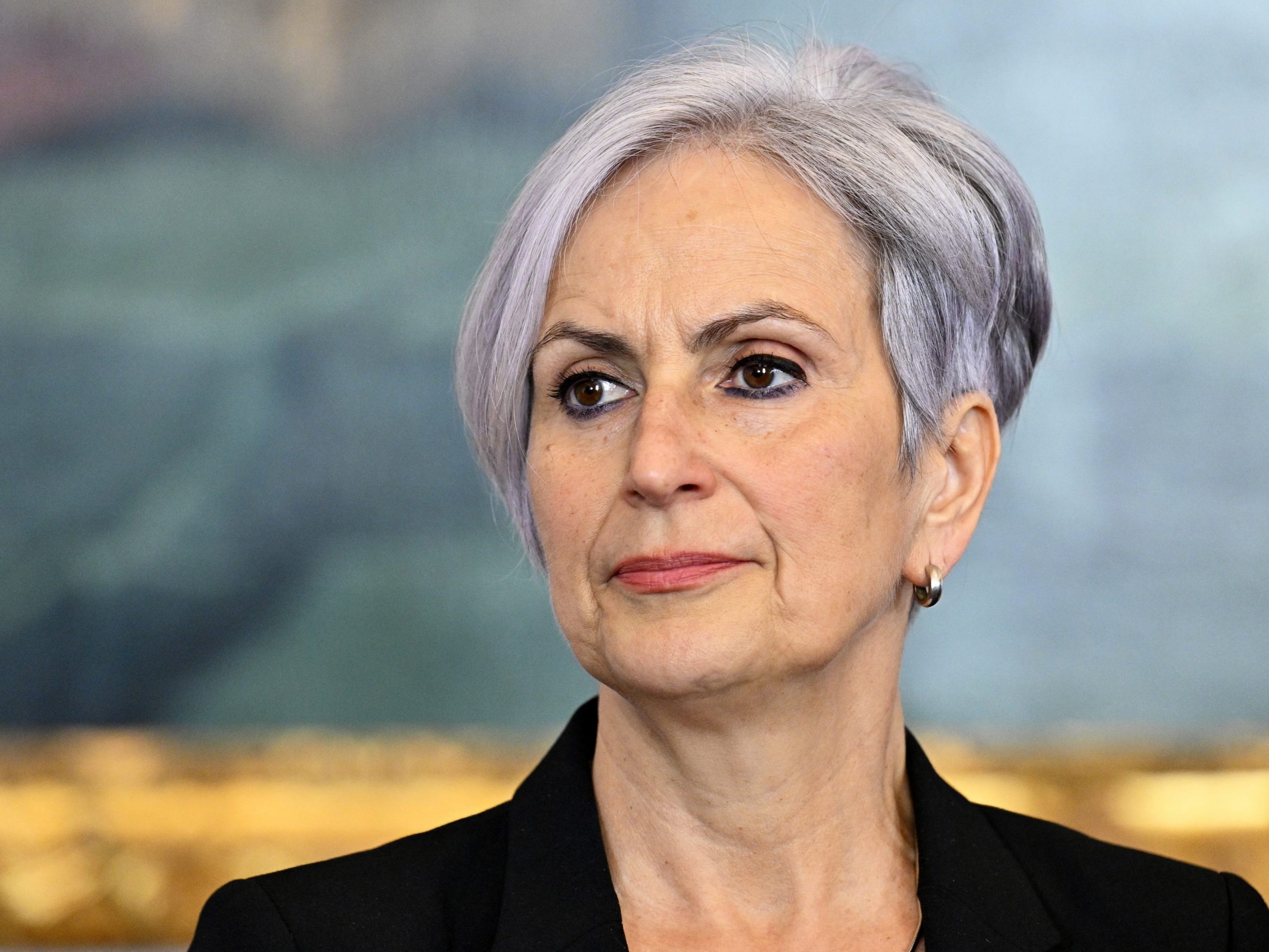Justice Refers to "Ordre Public" Clause After Vienna Sharia Ruling

In the debate about the private law application of "Sharia rules" in Austria and the demand to put a stop to this practice, the justice ministry, led by the Social Democrats, warns against "political quick fixes." "Any changes to the International Private Law Act (IPRG) must be discussed calmly," it states in a statement to the APA, which was also reported by "profil" on Thursday.
Case in Vienna Triggers Discussion About Sharia
The discussion was sparked by the case of two entrepreneurs who agreed to a private arbitration court in the event of a legal dispute, which was to rule based on Islamic law. Because one of them disagreed with the arbitration award, he wanted to challenge it before the Vienna Regional Court for Civil Matters (LG). His argument: Sharia is interpreted differently by scholars, and invoking it violates the fundamental values of Austrian law. However, the regional court upheld the arbitration award because the result did not contradict Austrian fundamental values.
Outrage Among FPÖ, ÖVP, and NEOS After Sharia Ruling
The ruling initially caused outrage among the Freedom Party. The FPÖ's constitutional spokesperson, Michael Schilchegger, saw it as an enhancement of "Islamic parallel societies" and a weakening of those "forces that do not want to submit to Islam." FPÖ leader Herbert Kickl wants to make the implicit recognition and application of Sharia by Austrian authorities and courts impossible by law.
The ÖVP struck a similar note. The federal government will "permanently put a stop to the application of Sharia rules in Austria," emphasized ÖVP Secretary General Nico Marchetti. The government's work program includes measures against Sharia, especially concerning personal status, as "medieval legal provisions of Sharia could cause particularly great harm there." For Marchetti, the application of Islamic legal provisions is also "problematic" in civil law. Under the guise of freedom of contract, an attempt was made to legally legitimize "an Islamist-fundamentalist way of life" right in the middle of Austria.
And NEOS club chairman Yannick Shetty also announced via Instagram: "In Austria, there must be no parallel justice system and no gateway for it. We only have one legal system, and it is based on our constitution," and further: "In Austria, a judge decides, not an imam." Former OGH President and former NEOS Member of Parliament Irmgard Griss, however, could not understand the excitement in an interview with the "Presse": "I see no problem here." Because the parties can freely decide which rules should apply in such arbitration proceedings. The autonomy of private law in Austria allows relatively much leeway here, Griss explained.
Ministry of Justice Points to Existing Limits
The Ministry of Justice also points to this fact: "It should be noted that Austrian courts only apply rules that are in line with our values." The so-called "ordre public" clause applies, which states that provisions of foreign law are not to be applied if their application would violate the fundamental values of the Austrian legal system.
The Ministry of Justice also states that any legal changes "must in any case be broadly and carefully coordinated." After all, numerous different authorities (municipal offices, registry offices, etc.) would be affected, dealing with matters such as marriages and families established abroad.
Working Group Before Constitution
Regardless of the specific case, the coalition has already planned in its government program to adapt the Austrian law on international private law to recent developments. A working group will be established for this purpose, which is to be constituted soon, according to the ministry. Preliminary work, such as a comprehensive country comparison, has already been completed. This working group will, of course, also discuss the current case.
(APA/Red)
This article has been automatically translated, read the original article here.





